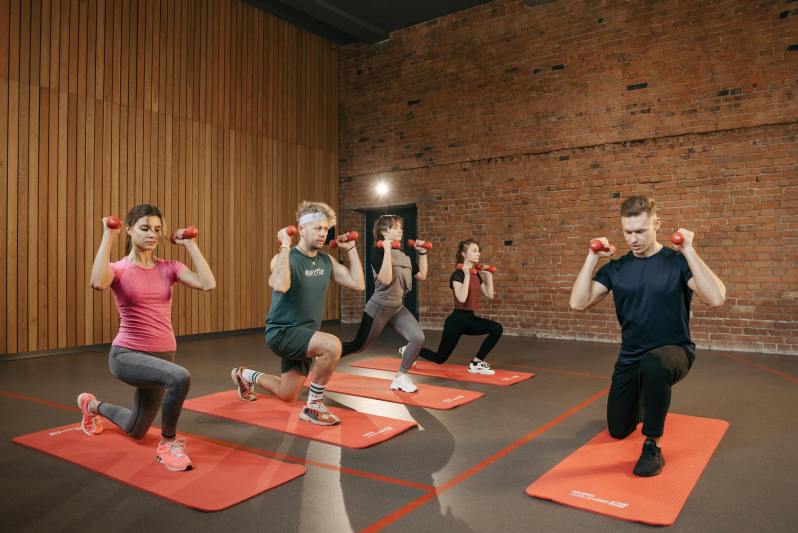Research has shown that exercise lowers the risk of a range of diseases, including heart disease and diabetes. Mounting studies show us the many benefits of exercise, from improving mood and blood pressure to enhancing cardiorespiratory fitness. Recently, researchers wanted to understand how exercise affects the progression of cancer. Previous research reveals that physical activity can help lower the risk of cancer-related mortality. Still, more conclusive evidence is needed on the role physical activity can play in disease progression. Let’s look at the study.
The study

In a recent study published in the British Journal of Sports Medicine, researchers analyzed data from the Discovery Health Medical Scheme or DHMS, which is the most extensive open medical plan in South Africa associated with the Vitality Health Promotion Program. 28,248 Vitality Health Promotion Program Members with stage I cancers were included in the study, spanning from 2007 to 2022. 44% of the study total involved breast and prostate cancers. The duration between the first cancer diagnosis, disease progression, mortality, or exiting from the study varied from one month to almost 13 years.
All participants were rewarded for healthy lifestyle habits and scored points for logging gym attendance, participating in organized fitness activities, and for physical activity recorded by fitness trackers. Participants recorded activity type, duration, frequency, and intensity.
The study results

The researchers accounted for factors like age at diagnosis, economic and social position, sex, and coexisting conditions. They concluded that:
- The rates of all-cause mortality and cancer progression were 16% lower for those who engaged in low levels of physical activity in the year before their diagnosis compared to participants who hadn’t recorded any physical activity.
- The risk among participants who had engaged in moderate-to-high levels was 27% lower.
- Overall, the risk of all-cause mortality was 33% lower among those who had taken part in low levels of physical activity and 47% lower for those who stuck with moderate to higher levels of exercise.
- The likelihood of disease progression increased with time for all participants. Still, it was lower among those who had recorded some type of physical activity in the year before their diagnosis.
Cancer and disease progression over time

After three years, the likelihood of no disease progression was:
- 71% for those who partook in no physical activity.
- 75% for those who partook in low levels of physical activity.
- 78% for those who partook in moderate-to-high levels of physical activity.
Concluding thoughts

It’s worth keeping in mind that this study is observational in nature, and researchers weren’t able to account for factors like alcohol consumption and smoking. This research adds to other studies that shed light on the benefits of exercise when it comes to cancer. It’s clear that even for those dealing with complex conditions like cancer, some degree of physical activity is beneficial. This study shows that exercising in the year before diagnosis could be linked to a lower risk of mortality and cancer progression by up to 27%. Even lower levels of physical activity are worthwhile.




